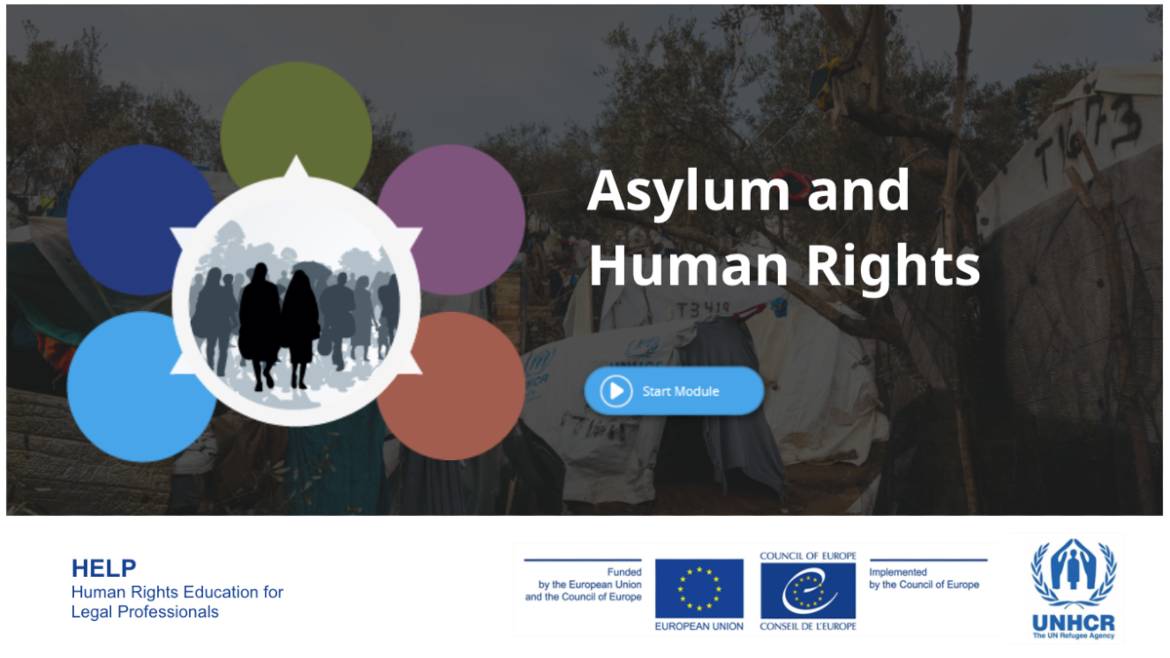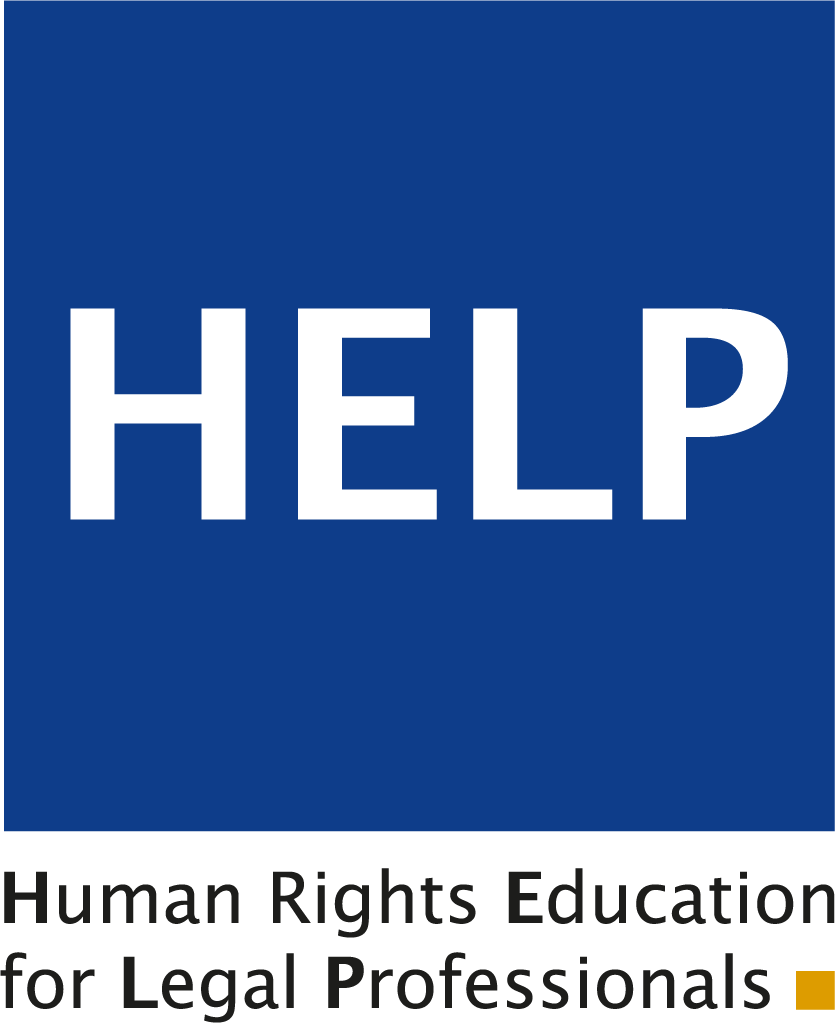The Council of Europe/UNHCR HELP course on Asylum and Human Rights was presented to justice professionals from the Western Balkans on 27 January 2022.
Participants got familiarised with the Human Rights Education for Legal Professionals (HELP) Programme of the Council of Europe and its online platform that includes a catalogue of 40 courses on human rights.
The group was welcomed by Kay Binder - Policy Officer of the Directorate-General for Neighbourhood and Enlargement Negotiations (DG NEAR), Andreas Wissner - UNHCR Representative to the European Institutions in Strasbourg, Carolina Lasen Diaz – Office of the Special Representative of the Secretary General of the Council of Europe on Migration and Refugees, as well as by Eva Pastrana - Head of Justice and Human Rights Training Division, Council of Europe.
The online seminar started with a presentation of Murad Ulla, Protection Officer, UNCHR Bureau for Europe, on the situation of refugees and asylum seekers in the Western Balkans with a focus on common issues in asylum systems and the role of justice professionals.
Anne Keyser, legal adviser at Office of the Special Representative of the Secretary General of the Council of Europe on Migration and Refugees, gave an overview of the Council of Europe Action Plan on Protecting Vulnerable Persons in the Context of Migration and Asylum (2021-2025).
The European Union Agency for Asylum (EUAA) support to members of Courts and Tribunals as well as the past and future capacity building activities for third countries (Western Balkans) were presented by Paul Leplomb – Senior Officer in the Courts and Tribunals Sectors, and Charlotte Goyon – Third Country Capacity Building, European Union Agency for Asylum.
Valentina Boz, coordinator of the HELP in the Western Balkans regional action, presented the HELP Programme by introducing participants to its online platform and the HELP/UNHCR course on Asylum and Human Rights.
Finally, tutors had the possibility to introduce themselves to participants in view of the courses implementation. Each tutor will moderate a HELP/UNCHR course on Asylum and Human Rights as translated into local languages and adapted each domestic legal framework over 6-weeks period. Those among them who successfully complete it will receive HELP certificates issued by the Council of Europe.
The HELP course “Asylum and Human Rights” covers in an interactive way the key concepts, the international and European (UN, CoE and EU) framework related to asylum and the impressive body of case law of the European Court of Human Rights (ECtHR) and of the Court of Justice of the European Union (CJEU). One of the key reference materials to develop this course has been the Handbook on European law relating to asylum, borders and immigration, developed jointly by the EU Fundamental Rights Agency and the European Court of Human Rights.
The course was initially developed in 2015 jointly by the Human Rights Education for Legal Professionals (HELP) Programme of the Council of Europe (CoE) and the Office of the United Nations High Commissioner for Refugees (UNHCR). It was updated in 2021 under the EU-CoE “HELP in the EU II” project to contain the most recent developments.
The course consists of an introductory module, as well as 4 specific modules addressing the main aspects related to asylum: non-refoulement; the right to life and prohibition of ill-treatment; detention and reception; family life and effective remedies.
The HELP online course on Asylum and Human Rights is also available in a self-learning format on the HELP e-learning platform to any legal professional interested in the topic. It can be followed in English and French as well as Albanian, Bosnian, Bulgarian, Greek, Flemish, Italian, Georgian, Russian, Serbian, Spanish, and Turkish. Those who complete it in self-learning mode can obtain an electronic ‘Statement of accomplishment’.
The course is launched within the scope of the regional action “HELP in the Western Balkans” as part of the joint European Union/Council of Europe programme “Horizontal Facility for the Western Balkans and Turkey 2019-2022”, implemented by the Council of Europe.





